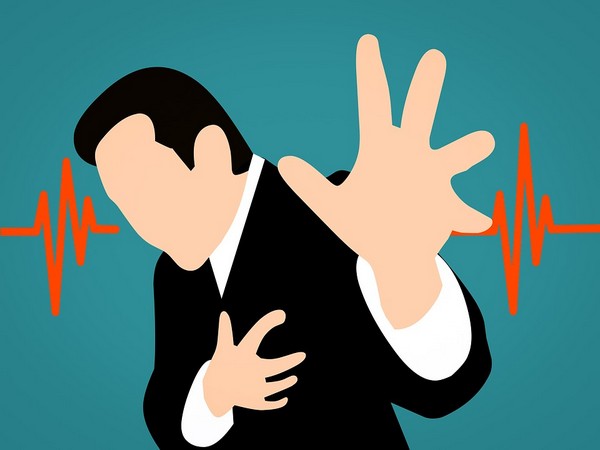NEW YORK: Erectile dysfunction (ED) indicates greater cardiovascular risk, regardless of other risk factors, such as cholesterol, smoking and high blood pressure, researchers warn.
The findings, published in the journal Circulation, suggest that ED is an important telltale sign that can help physicians gauge cardiovascular risk among middle-aged men.
The researchers found that, among the participants of the study carried over four years, those who reported ED were twice as likely to experience heart attacks, cardiac arrests, sudden cardiac death and fatal or non-fatal strokes.
“Our results reveal that erectile dysfunction is, in and of itself, a potent predictor of cardiovascular risk,” said co-author Michael Blaha, Associate Professor at the Johns Hopkins University School of Medicine in Baltimore.
According to the research, ED — defined as the inability to achieve or maintain an erection for satisfactory sexual intercourse — affects nearly 20 per cent of men over age 20.
Cardiovascular disease and ED share common risk factors, including obesity, hypertension, smoking, diabetes and metabolic syndrome — a condition marked by a cluster of features such as elevated blood sugar, hypertension and excess abdominal fat.
For the study, the researchers examined more than 1,900 men, aged between 60 to 78.
During the four-year follow-up, there were a total of 115 fatal and non-fatal heart attacks, fatal and non-fatal strokes, cardiac arrests and sudden cardiac deaths, the researchers said.
A greater proportion of men who reported ED (6.3 per cent) suffered heart attacks, cardiac arrests or strokes than men who didn’t report ED (2.6 per cent), they added.
When the researchers adjusted their analysis to eliminate the potential influence of other risk factors, that risk was somewhat lessened but still markedly higher — men with ED were nearly twice as likely to suffer cardiovascular events than men without ED.
Limited evidence of a link between ED and cardiovascular disease has emerged over the last several years, but results of this latest study provide what researchers say is the strongest indication to date that sexual dysfunction indicates heightened cardiovascular risk, the researchers noted.
IANS

